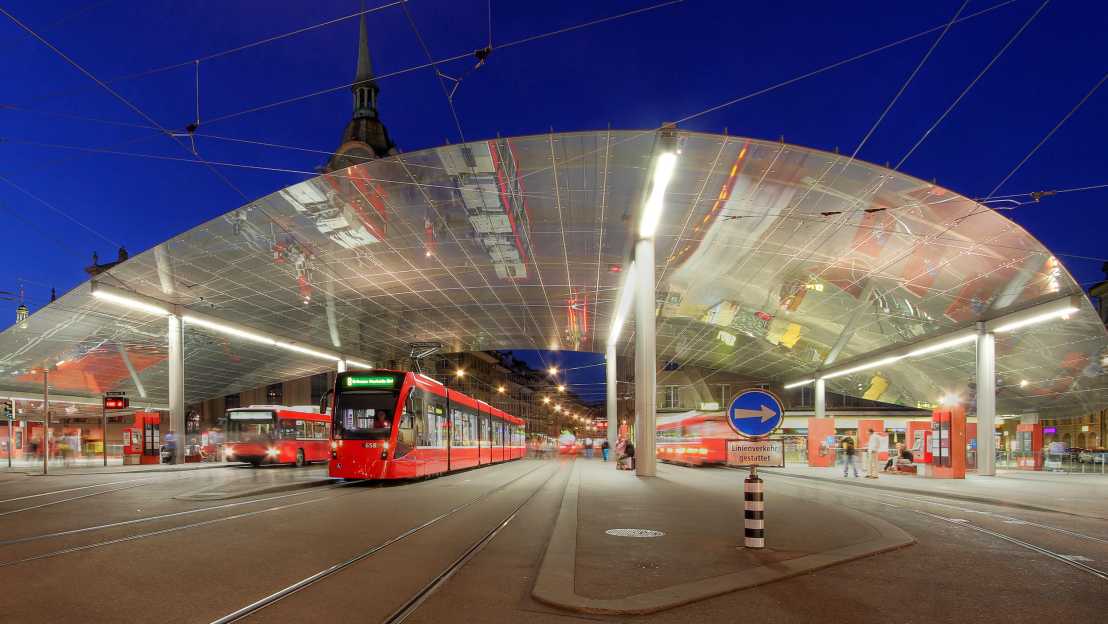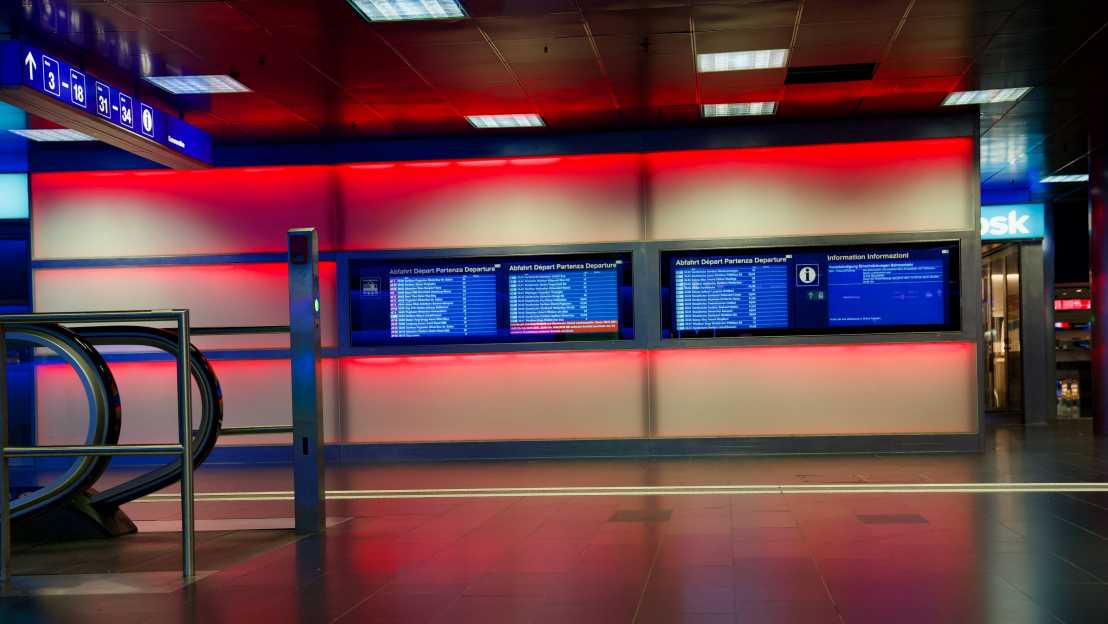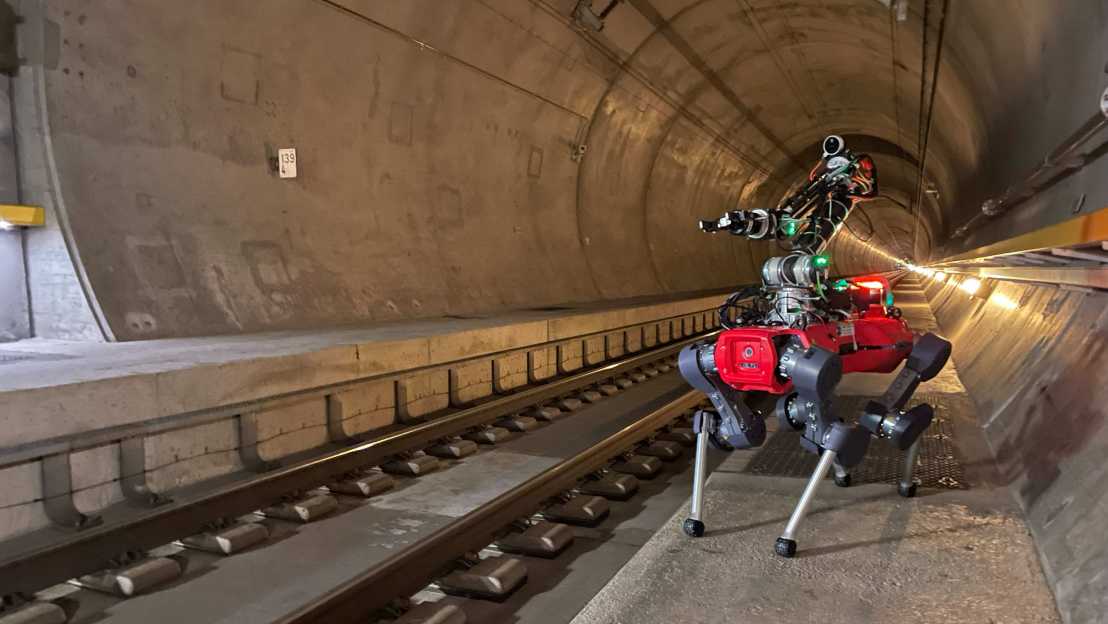New Mobility Initiative projects approved
The Future Mobility program is a long-term research program focusing on solutions that address decarbonization, digitalization, and infrastructure development in the coming decades. Projects approved under this framework provide a unique opportunity for close collaboration with the Mobility Initiative industry partners AMAG, SBB, and Siemens.
Aligning policies and business strategies with consumers and citizens

Switzerland needs to increase transportation capacity, while simultaneously decreasing the ecological footprint of mobility. This can only succeed if future mobility systems are aligned with the attitudes, behaviors, and policy preferences of the Swiss population. This research will fill important gaps in scientific research on the mobility demand-supply nexus from a consumer and citizen perspective. It will also provide important insights for policy-makers and mobility services providers into consumer and citizen acceptance of various policy interventions and business strategies that are or might be used to make future mobility more sustainable. Project details: https://csfm.ethz.ch/en/research/projects/align.html
Learning railways for better schedules

Organising high-performant railway services is essentially a scheduling problem, assigning scarce infrastructure resources to a series of trains so that both the number of trains (capacity) and performance are maximized. Automated scheduling approaches exist, however, they face a hard trade-off between the speed of computation; the detail of the model and the scale of the instance solved. Francesco Corman and his team propose to use learning techniques at multiple stages to better understand what the most critical performance indicators are, to provide faster solution approaches and to learn how practitioners implement the solutions provided by automated scheduling tools in practise, so that the scheduling algorithm learns to identify and anticipate the operator's implicit preferences. Project details: https://csfm.ethz.ch/en/research/projects/lerabe.html
Integration of e-mobility charging infrastructure with the grid

The project aims to provide a comprehensive assessment to what extent battery electric vehicles (BeVs) may stress or support the Swiss net-zero energy transition and the electric grid. This proposal aims to answer the following questions: (1) How does BeV and its electricity demand evolve and what are expected power spikes from charging infrastructure under different charging behaviours? (2) Are capacities at the different grid levels adequate to cope with the power spikes from home and public charging? (3) What strategies can avoid grid bottlenecks? (4) To what extent can BeVs support the integration of renewables and relieve the grid, during grid to vehicle or vehicle to grid operation? Project details: https://csfm.ethz.ch/en/research/projects/intercharge.html
Immersive teleoperation with robots for inspection and maintenance

Marco Hutter and his team are going to focus on the use of NeRFs in real-time robot teleoperation for maintenance operations, e.g. switchboard cabinets in the Gotthard Base Tunnel. They will benchmark this solution with other available teleoperation technologies in this application area and convince that the research findings can be extended to other domains that require immersive teleoperation and advanced robot capabilities. Some of these domains include industrial inspection and maintenance, space exploration, disaster response, and many others. Project details: https://csfm.ethz.ch/en/research/projects/intrim.html
E-mobility versus synfuels in developing nations’ road transport

While the transition to battery-electric vehicles appears unambiguous in developed economies, the future of transport modes in developing countries remains uncertain.
This interdisciplinary project proposed by members of three different ETH departments aims to address the role that battery electric vehicles or synthetic fuels can play in decarbonizing passenger road transport (i.e. cars) in developing countries with a specific focus on Africa. The team will analyze the competition between electric vehicles and synthetic fuels, considering both existing vehicle stocks and new/used vehicle flows. They will also evaluate the infrastructure development needs for these technologies, which will encompass cost assessments, feasibility studies, and a comprehensive analysis of the environmental life cycle associated with various fuel supply pathways and vehicle technologies. The findings of this research will provide valuable insights for decision-makers in the public and private sector. Project details: https://csfm.ethz.ch/en/research/projects/esyn.html
Congratulations to the teams whose research projects have been granted. We are all looking forward to the new insights and results.
More about our research program
The Future Mobility program was established in 2018 and is funded by the ETH Mobility Initiative partners (AMAG, SBB and Siemens Mobility) and ETH funds. Read more about recently approved projects and previous calls.